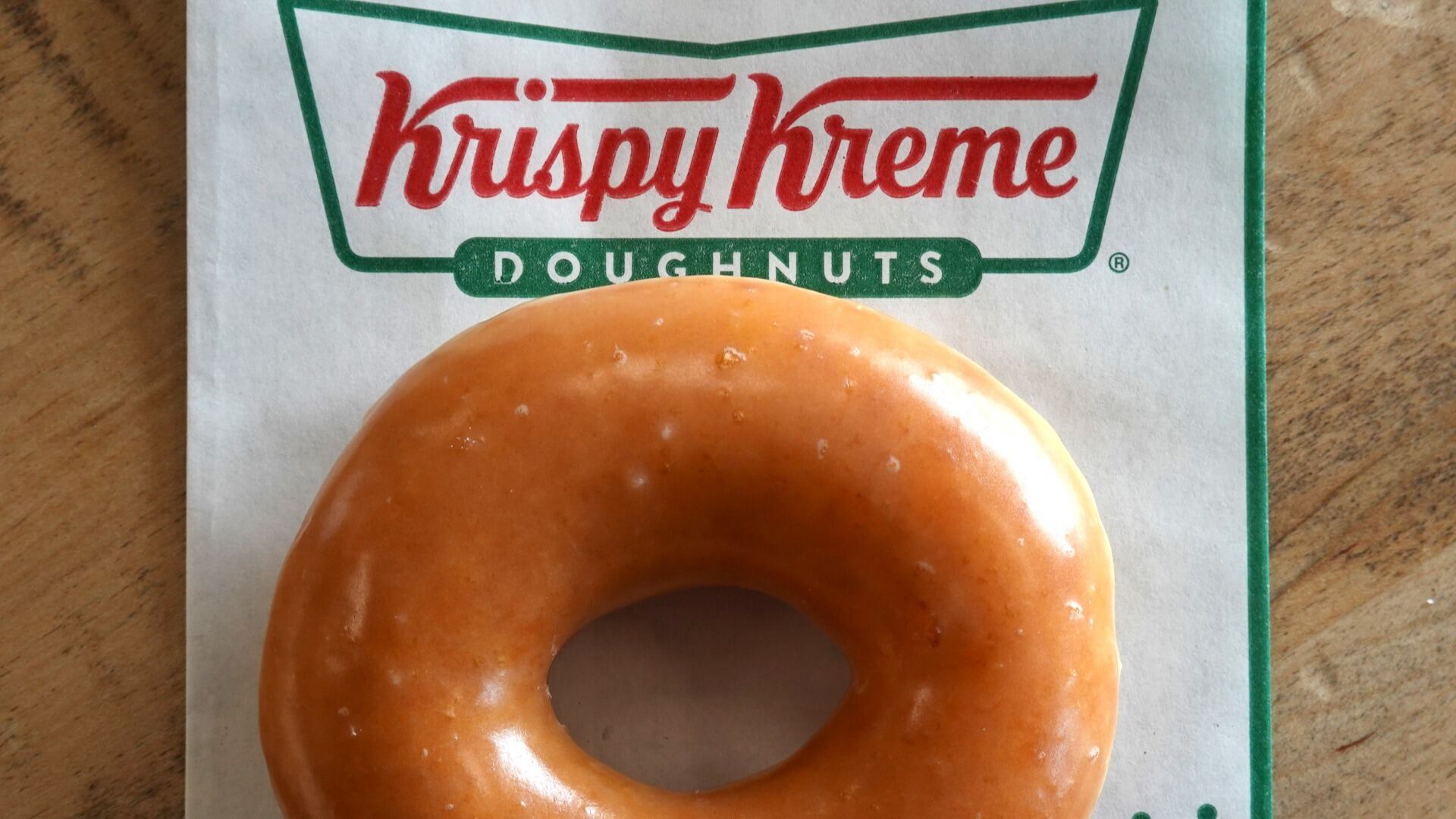Starting March 21, McDonald's will expand its partnership with Krispy Kreme to approximately 160 locations across Louisville, Lexington, and the surrounding area.
The initiative was first launched in October at nine locations in Kentucky.
This expanded market test is designed to test customer demand for the popular sweet treats, which now includes three varieties: Krispy Kreme's Original Glazed Doughnut, Chocolate Iced with Sprinkles Doughnut, and the Raspberry Filled Doughnut.
"McDonald’s is always looking for ways to give our fans more of what they crave, and we often conduct tests to inform future menu decisions," the company said in a press release. "This small-scale test will help us understand how offering new bakery items like Krispy Kreme could impact operations in our restaurants."
McDonald's has so far benefited from customers trading down due to inflation. The company recently beat Wall Street estimates for its quarterly earnings and revenue, in large part because it was able to raise prices without scaring off customers.
Krispy Kreme, likewise, has reported strong earnings on the back of price hikes. It is also increasingly relying on distribution partnerships to reach customers such as through Walgreens, Acme, and ShopRite.
If the partnership with McDonald's continues to grow, it could become a major source of revenue for the growing doughnut business.









